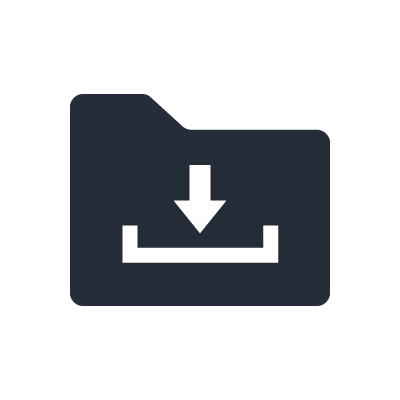AFC Active Field Control
Welcome to Sound xR - Immersive Experience, for Everyone

From our roots in pioneering acoustic design to revolutionizing spatial audio with digital technology, Sound xR is driven by one vision: to bring immersive experiences to everyone in the world. We’ve mastered sound, from crafting musical instruments to engineering cutting-edge immersive solutions like Active Field Control for real environments and Sound xR Core for virtual spaces. We envision a future for immersive sound that goes beyond any boundary, creating emotional connections between people, environments and locations. With Sound xR, the future of immersive sound is limitless.
Discover more
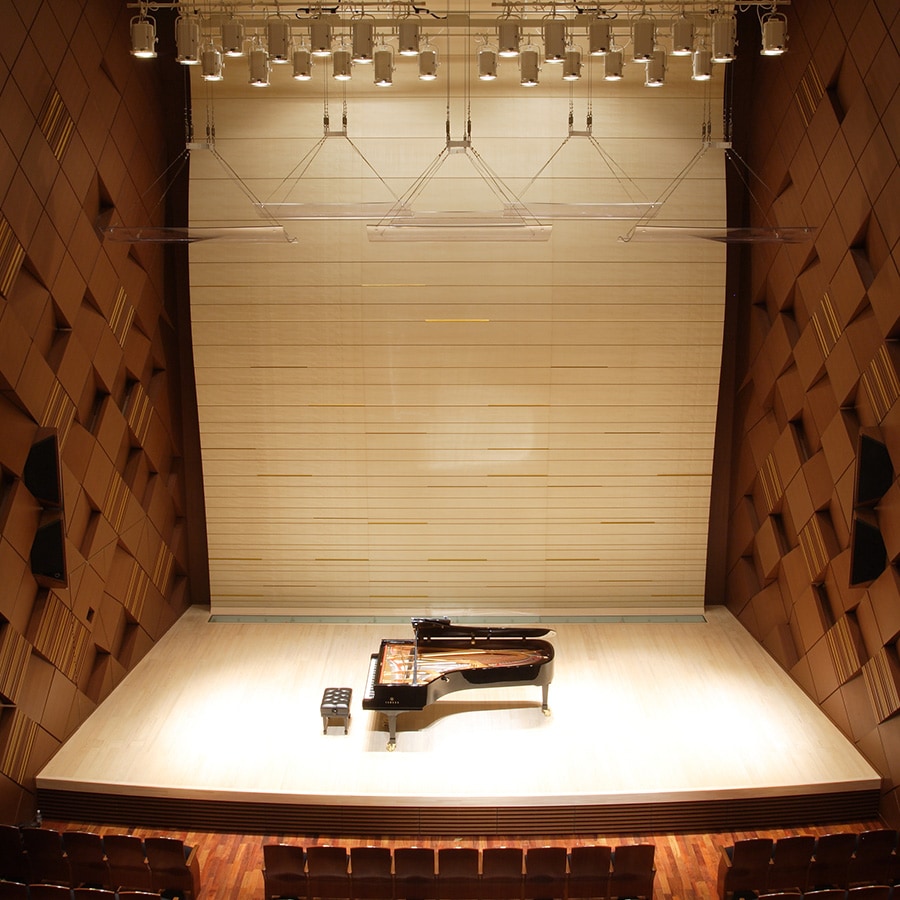
AFC Enhance
Reverberation Control
AFC Enhance uses multiple microphones and speakers to flexibly control the ambience of a space while making use of the environment’s distinctive architectural ambience.
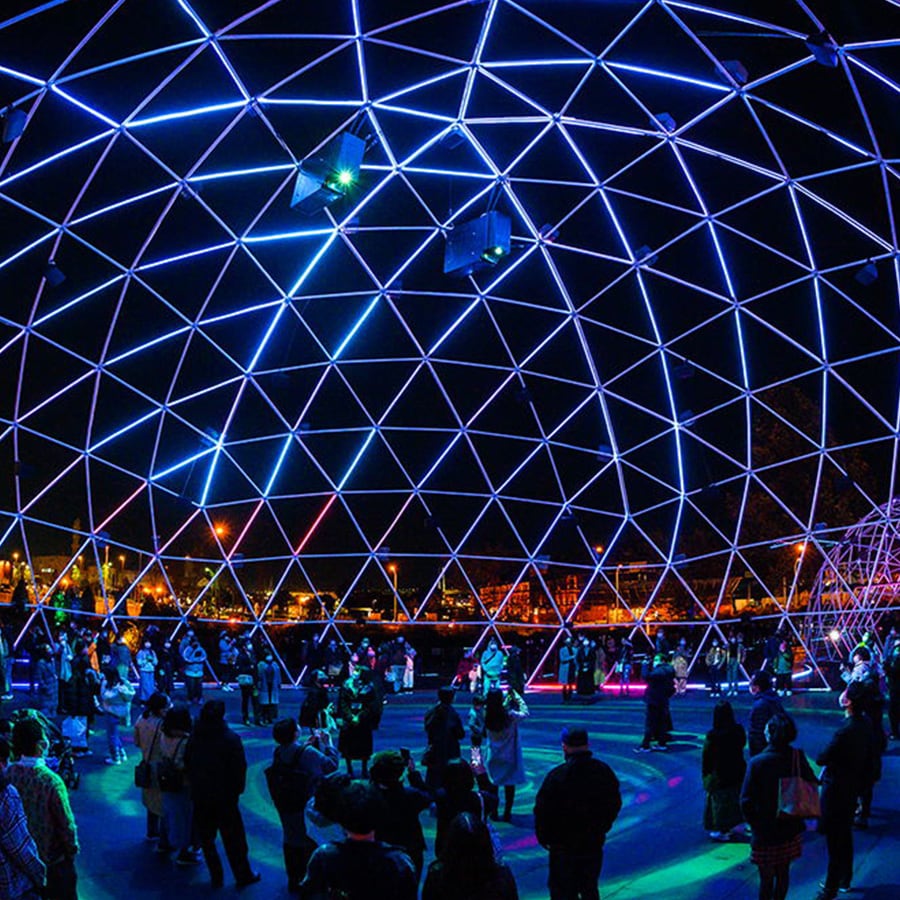
AFC Image
Sound Image Control
AFC Image allows users to control the perceived positions of sound within a space. AFC Image supports the control of up to 128 object-based channels of immersive sound.
Case studies
Voice
Revolutionizing Classical Music Performance with Yamaha’s AFC Immersive Audio System - Creative
Revolutionizing Classical Music Performance with Yamaha’s AFC Immersive Audio System - Technical
Training Program (Coming soon)
Group Collaboration
Yamaha group experts, including those from Steinberg and NEXO, cooperate to offer high-level support.

History
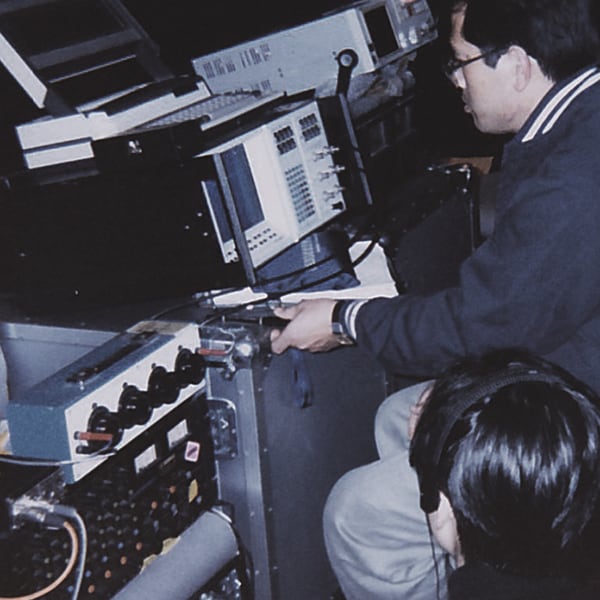
1969
Acoustic Consulting
In 1969 Yamaha launched acoustic consulting activities with the goal of finding an ideal relationship between performer, audience, and space. That quest has led to a deep understanding of acoustic technology in general, including structural acoustics, electronic acoustics, and noise control.
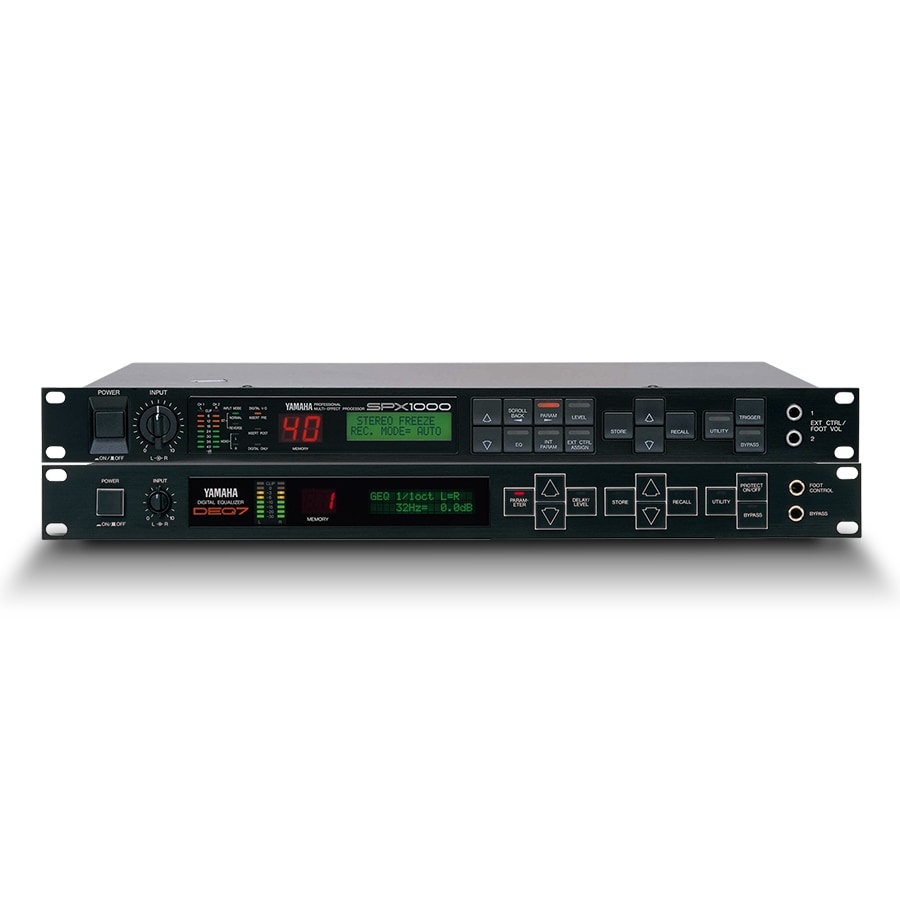
1985
The First Active Field Control (AFC) Immersive Audio Platform
In 1985, Yamaha released its first “active field control” immersive audio technology in response to growing venue diversification and a need to accommodate a wider array of events. The ability to adjust the acoustics of a space to suit different types of performance enhances the value of any venue. Active field control provided a cost-effective push-button alternative to mechanical means of modifying room acoustics. Any space can sound as big or as small as needed.
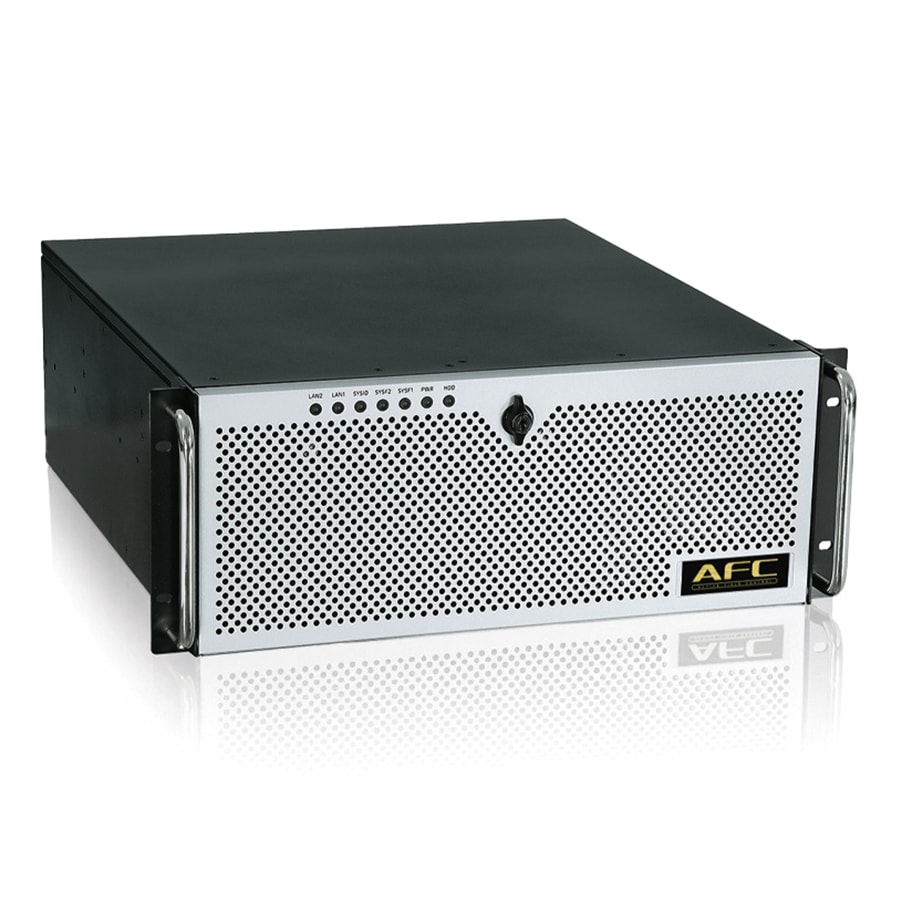
2019
A New Generation of Active Field Control (AFC)
AFC has been gradually refined over the years, and in its current AFC form features advanced 96 kHz processing capability that delivers outstanding sound and space control.
AFC systems have been installed in 150 venues around the world, including the Tokyo International Forum, the Grand Theater in Warsaw, and many more distinguished venues.
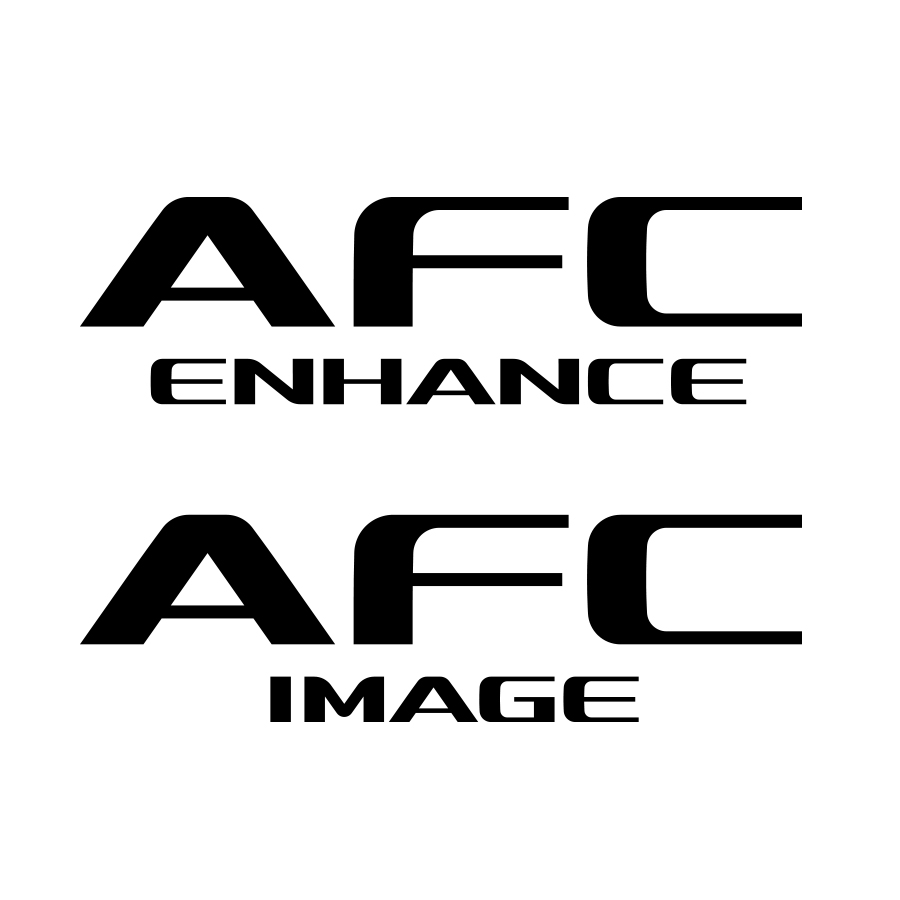
2021
Active Field Control (AFC) Solutions Expanded to Cover Production
AFC solutions were expanded to included AFC Enhance for ambience control during production, and AFC Image for acoustic image control. Through close collaboration with Steinberg and NEXO, it was possible to create a total solution that extends all the way from production to playback.
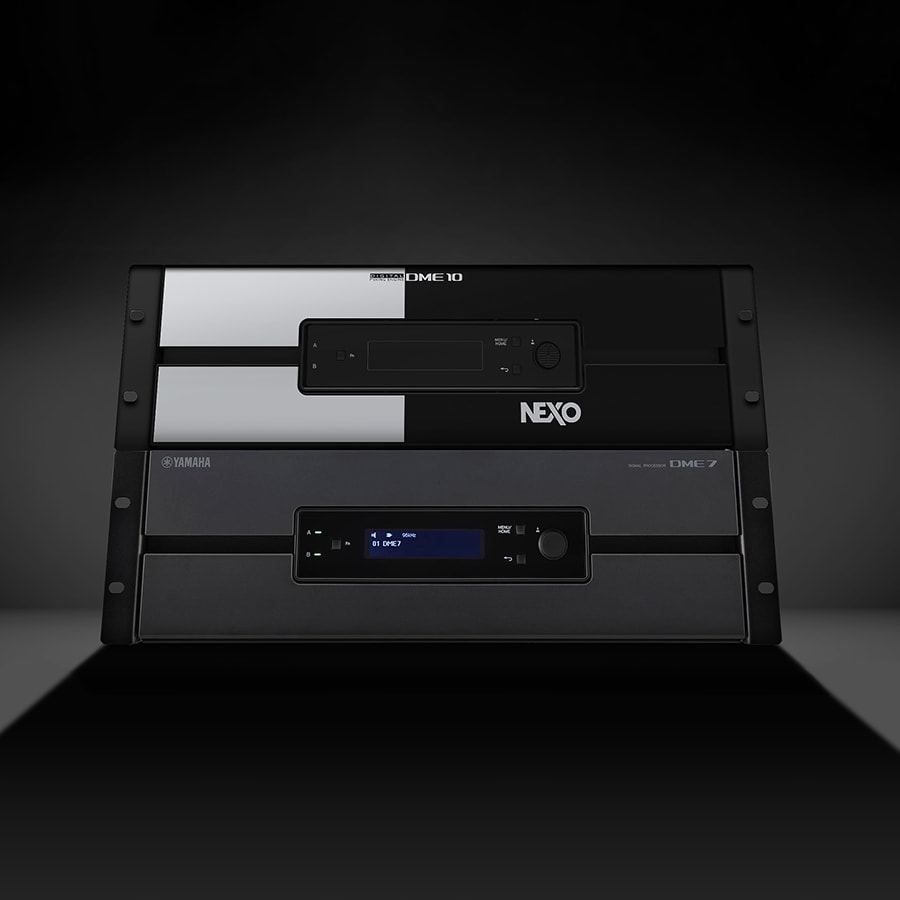
2025
DME processor to be the new platform for Active Field Control (AFC)
DME becomes the new platform for AFC solutions. By this transition, Steinberg, Yamaha and NEXO have more collaboration to offer scalable and flexible solution to aim immersive solution for broader usage.
Lineup
The colours and finishes shown may vary from those on the actual products. Some models may not be available in some countries.





















